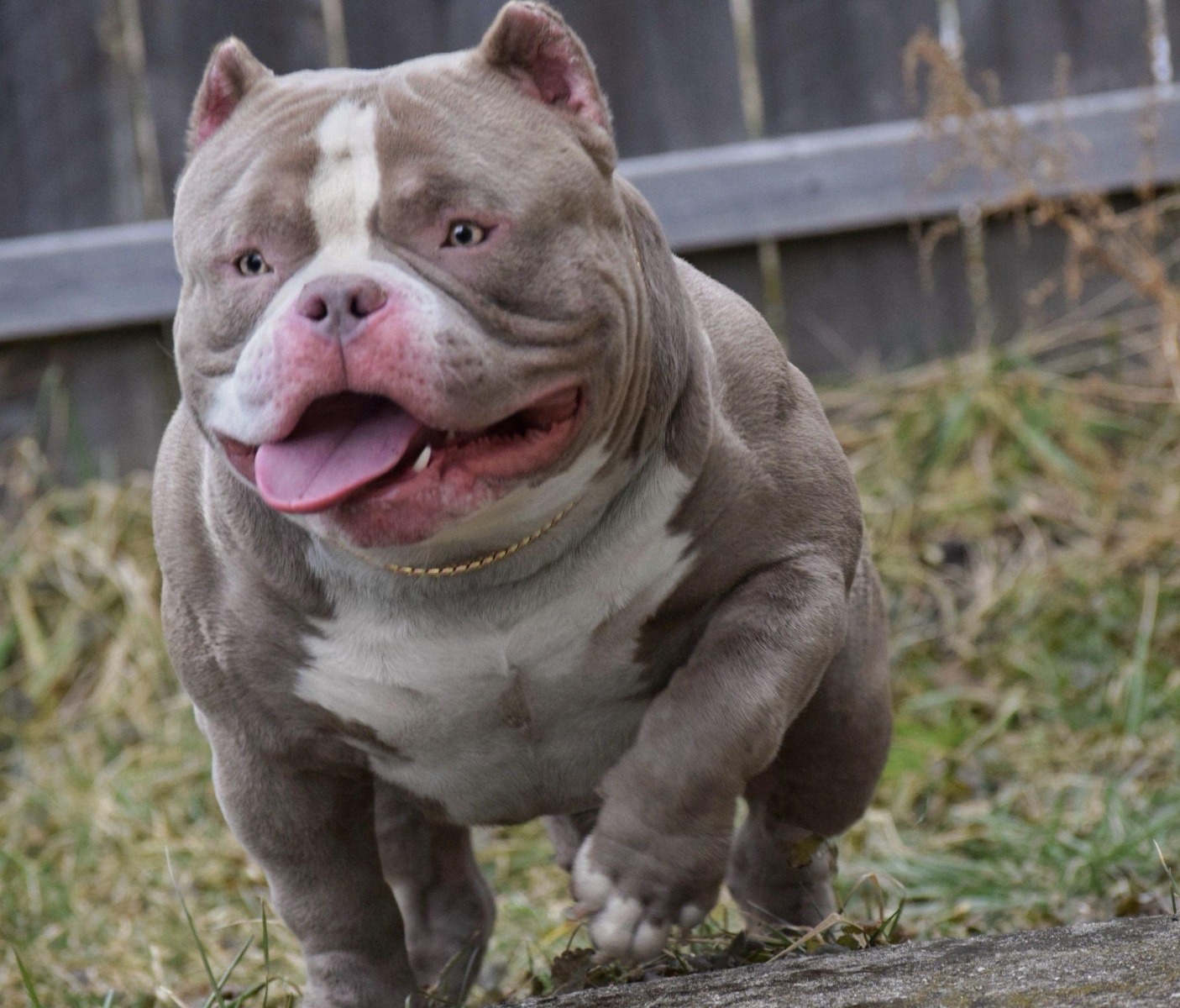Bully Breed Basics: Everything You Need to Know Before Bringing One Home
Are you considering adding a bully breed dog to your family? Before you make this significant decision, it's crucial to delve deeper into the intricacies of caring for these remarkable and often misunderstood companions. From their distinct physical features to their emotional needs, here's an in-depth exploration of everything you need to know about bully breed bulldogs.

Exploring Bully Breeds
Bully breeds encompass a diverse group of dog breeds known for their muscular stature, powerful jaws, and unwavering loyalty. From the American Pit Bull Terriers to the American Staffordshire Terriers and English Bulldogs, each breed carries its own unique charm and characteristics. Unfortunately, these dogs often face unjust stereotypes due to misconceptions about their temperament. However, with the right guidance and understanding, they can prove to be loving and devoted family members.
Unveiling Their Traits and Characteristics
Bully breed bulldogs are renowned for their affectionate demeanor and deep-rooted attachment to their human companions. They thrive on affection and are known for forming incredibly strong bonds with their families. Additionally, they exhibit remarkable intelligence and eagerness to please, making them highly trainable. With consistent positive reinforcement and gentle guidance, these dogs can quickly grasp commands and behaviors.
Addressing Exercise and Activity Needs
As with any canine companion, Bully breed bulldogs require regular physical activity to maintain their physical and mental well-being. Daily walks, vigorous play sessions, and interactive toys are essential to stimulate their minds and channel their energy positively. Engaging in activities such as agility training or obedience classes not only provides physical exercise but also fosters mental stimulation and strengthens the bond between you and your furry friend.

Navigating Nutritional Requirements
Optimal nutrition is paramount for bully breed dogs to thrive. Selecting a high-quality dog food formulated specifically for large, active breeds is crucial. Look for options that prioritize real meat as the primary ingredient while steering clear of fillers and artificial additives. Consultation with a veterinarian can aid in determining the appropriate portion size and feeding schedule tailored to your dog's age, weight, and activity level.
Understanding Health Considerations
While bully dog breed are generally robust and resilient, they may be predisposed to certain health concerns. Issues such as hip dysplasia, allergies, and skin infections are not uncommon. Regular veterinary examinations are crucial for identifying and preventing potential health issues at an early stage. Additionally, ensuring your dog receives recommended vaccinations and preventative treatments for parasites like fleas and ticks is crucial in maintaining their well-being.
Emphasizing Socialization and Training
Proper socialization plays a pivotal role in shaping the temperament of bully dog breed. Introducing your puppy to a variety of people, animals, and environments from a young age helps them develop confidence and adaptability. Employing positive reinforcement training methods, such as clicker training and reward-based techniques, facilitates obedience and cultivates desirable behaviors.
Creating a Secure Environment
When welcoming a bully breed dog into your home, it's imperative to establish a safe and nurturing environment. Adequate fencing and vigilant supervision are essential to prevent any potential escape attempts, as bully breeds may possess a natural inclination to explore their surroundings. Providing ample enrichment opportunities, such as puzzle toys and chewing bones, not only keeps your dog mentally stimulated but also deters destructive behaviors.
Conclusion: Nurturing a Lifelong Bond
Integrating a bully dog breed into your family can be an immensely rewarding journey, but it requires commitment and dedication. By gaining insight into their distinctive traits and addressing their specific needs, you can forge a deep and enduring bond with your beloved companion. Remember, with patience, love, and understanding, your bully breed dog will flourish as a cherished member of your family, bringing joy and companionship for years to come.
FAQs (Frequently Asked Questions)
Q1. Are bully breeds suitable for families with children?
Yes, with proper training and socialization, bully breeds can be excellent companions for families with children. They are known for their affectionate nature and often form strong bonds with kids.
Q2. Do bully breeds require a lot of exercise?
Yes, bully breeds are energetic dogs that require regular exercise to stay healthy and happy. Regular walks, interactive play sessions, and engaging mental stimulation exercises are crucial to fulfilling their requirements.
Q3. Are bully breeds aggressive by nature?
No, aggression is not inherent in bully breeds. Like any dog, their behavior is shaped by genetics, upbringing, and environment. Through adequate training and socialization, they have the potential to become polite and sociable animals.
Q4. Do bully breeds have specific health concerns?
Bully breeds may be prone to certain health issues like hip dysplasia, skin allergies, and respiratory problems. Routine visits to the veterinarian and a well-rounded diet can assist in reducing these potential risks.
Q5. How can I help combat breed discrimination against bully breeds?
You can advocate for bully breeds by promoting positive breed awareness, educating others about responsible ownership, and supporting organizations that fight breed-specific legislation and discrimination.
